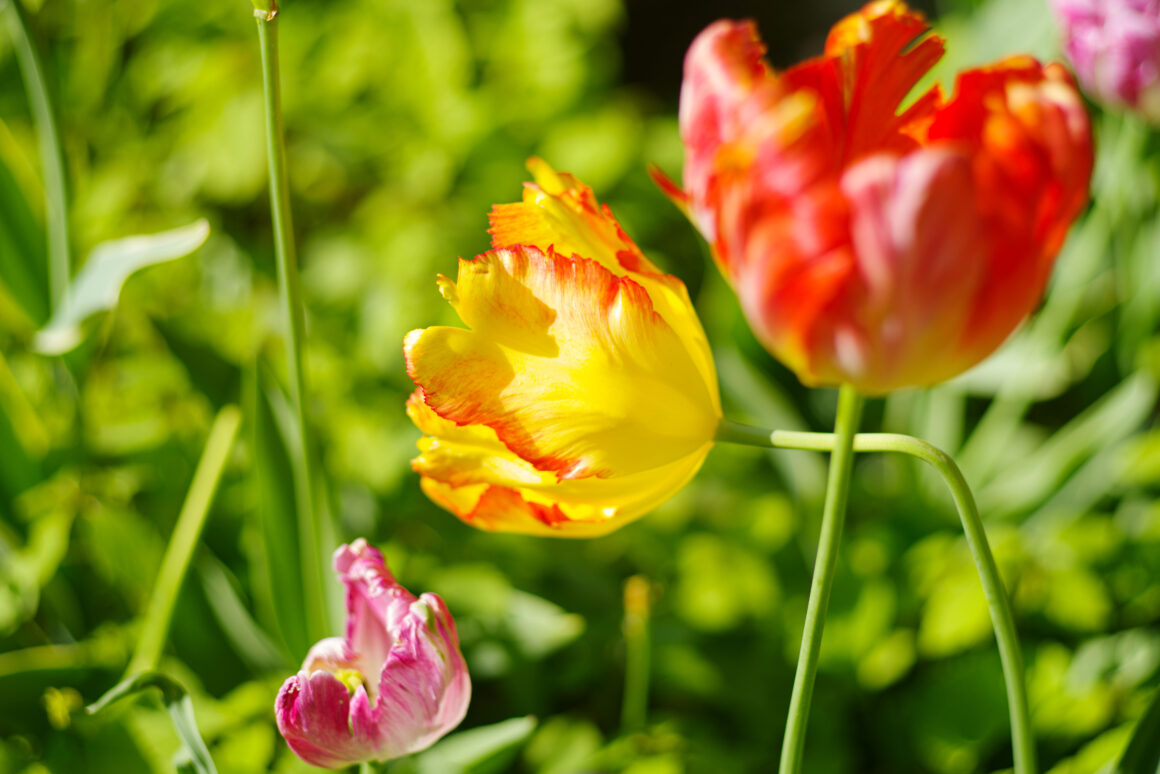
Five Poems
Anything that feels like a school assignment pisses me off. Nothing, though, gets my blood boiling like being forced to keep a journal. In a college screenwriting class, the professor (whose arrogance rubbed me the wrong way pretty much from the get-go) made our grade contingent, in part, on keeping a daily journal that we were supposed to turn in for review a couple of times during the semester. I remember one entry in which I bitched about the assignment and asked, “Do you even read these things?” After turning it in, I got an answer in red ink: “Yes, I do!”
I am plenty happy, on the other hand, to keep a journal for myself, writing in it whenever I want to, and I often want to. That’s why I have dozens and dozens taking up room in cabinets, baskets, and boxes. In fact, last month I began sharing, each day, a few sentences from my journals, along with an image created the day of posting. You can find those in a section of The Ruff Draft Substack called “English Major Heretic,” and if you’d like to receive my short, daily postings in your inbox, you can click on the Subscribe button at the bottom of any English Major Heretic post, like this one.
What does any of this have to do with poetry? I’m glad you asked. This morning, in reviewing a journal from May of 2022, I came across the results of a writing assignment I actually took on. It comes from Ensouling Language by Stephen Harrod Buhner, and it involves first writing five words that are meaningful to me, then summing up the five most important things in my life with one word each, and finally, writing five poems in which I use the words. I noted in my journal that he was unclear about whether or not he wanted me to use all the words in each poem, so I just used those first five meaningful words. Oh, and I remember that Buhner pleaded with the reader to just do each part of the assignment without reading ahead (so we wouldn’t know what we were expected to do with the words). Far too often the good student, I complied this time and am happy I did, for I think it resulted in better, more intuitive poems, which I will share after giving you my two lists of words.
Meaningful Words
1. Time
2. Knowledge
3. Belief
4. Words
5. Question
Most Important Things in Life
1. Love
2. Freedom
3. Faith
4. Meaning
5. Connection
And the poems:
1. Time marches in circles,
knowledge dances with belief,
and words of assurance
collapse in questions.
2. His questions are
words with an edge
that cut me off from him.
In time, I am left
with no belief, no knowledge,
just contempt.
3. I am told to look
for 13 moons; not 12.
Time, too, is a lie.
There is no knowledge,
only belief;
no answers,
only questions.
What is the use of words?
4. Questions pass through my mind
like cars on the road:
this one black, another grey,
now and again, a red.
But do the colors exist or
are they tricks of the light
and my eyes? Maybe
just words? What is knowledge?
What is belief? Will there
ever be time for the truth?
5. It is tulip time—no question.
The bulbs waited like words in the dark,
holding all the knowledge needed
for those in search of belief.




